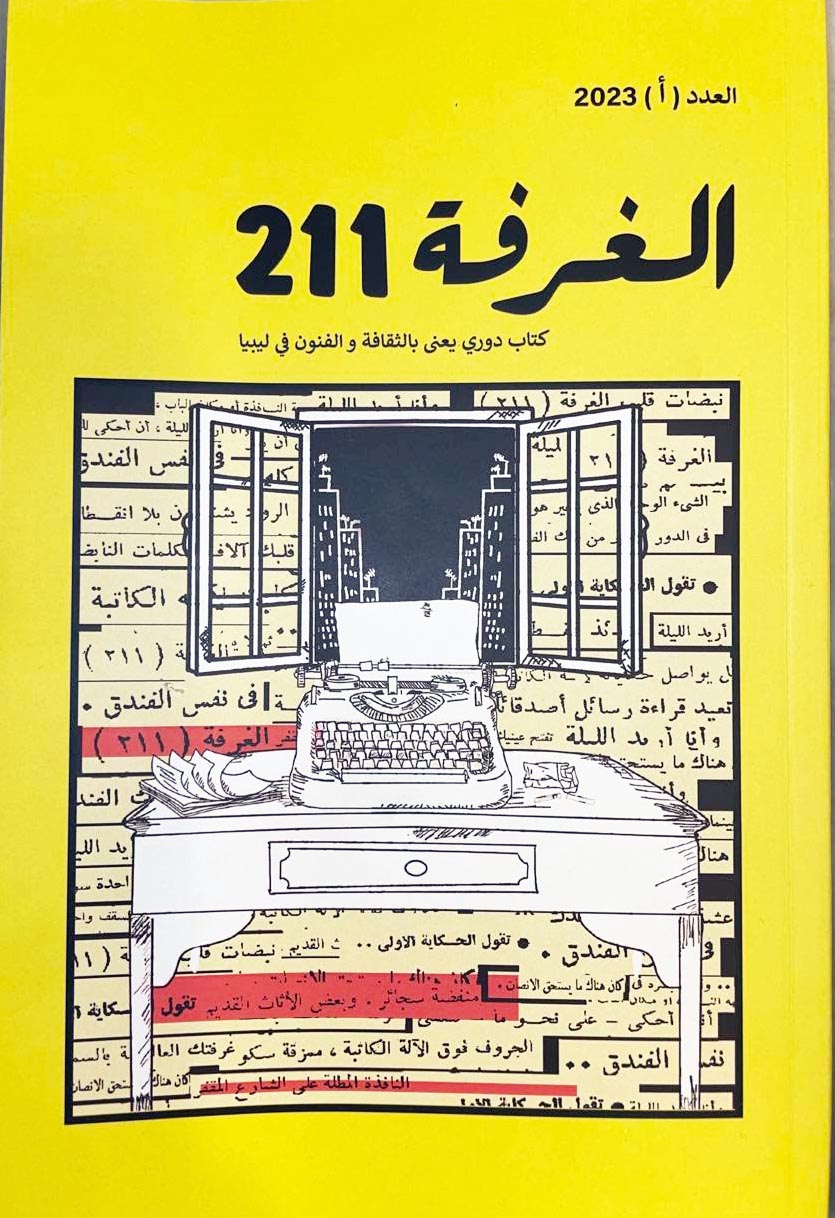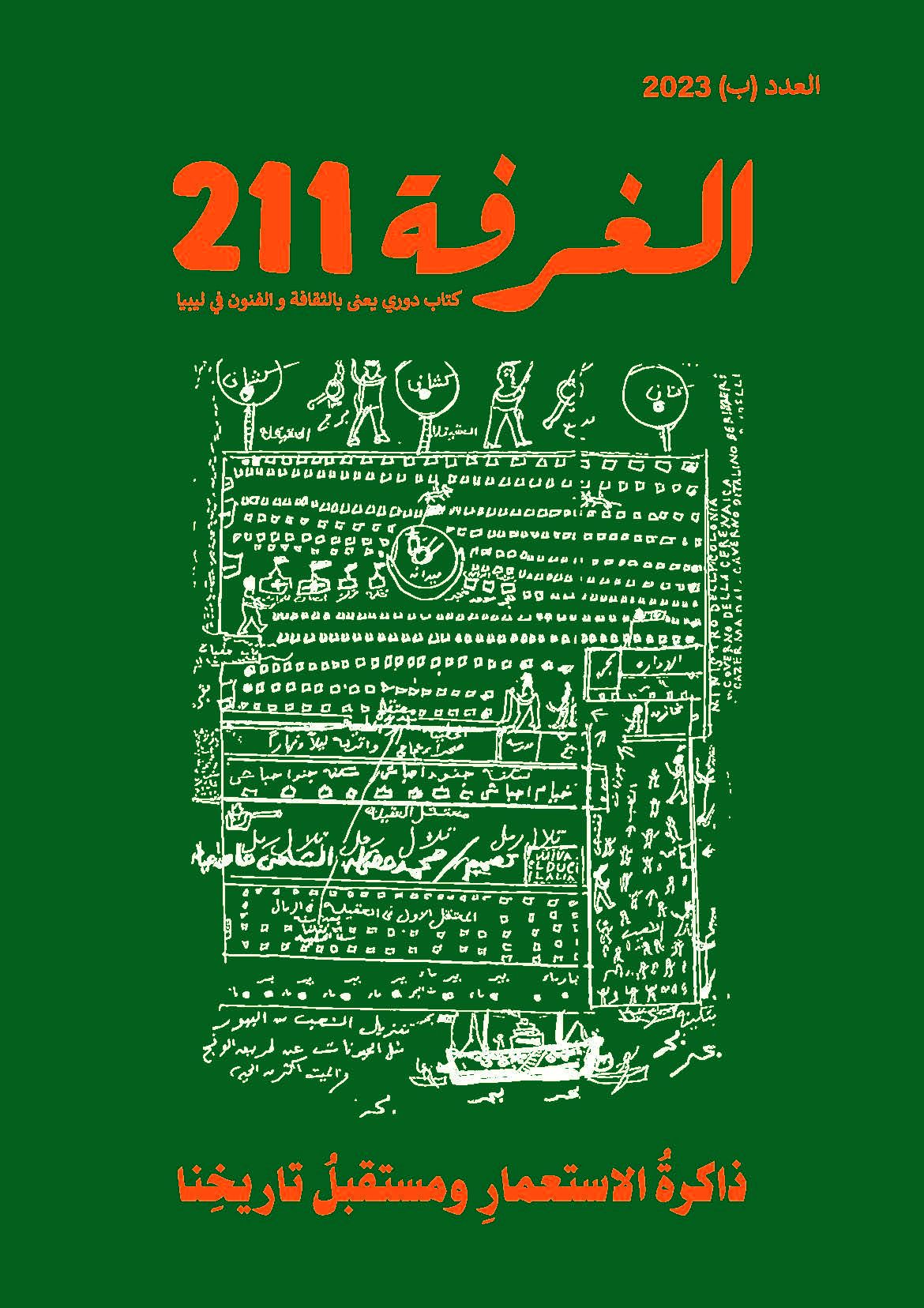Gherwash, Ghada. 2024. A socio-historical analysis of English in Libya. World Englishes 43(1). 71–85. https://doi.org/10.1111/weng.12632 (paywall).
Abstract: Political instability has been a mainstay in Libya since the Italian occupation in 1911. In the intervening years, the shifting political landscape has had an undeniable influence on the presence of English in the country. In this paper, I argue that Libya presents an ideal case study for Kachru’s Concentric Circles of English, where ‘linguistic ammunition’ (Kachru, 1986: 121) is used to manipulate and control the masses and spread anti-Western sentiment in this expanding circle country. To provide a much-needed socio-historical context for a country whose English language and linguistic history remains understudied (Hillman et al., 2020), this paper touches on key events in Libya’s political history that have influenced the status of English and language use; from the Italian colonization, to Qaddafi’s decade-long ban of English, to the 2011 Revolution, and beyond. This paper is divided into six sections: (1) critical approaches to language policy (Tollefson, 1991) and Foucault’s governmentality approach (1991); (2) demographic and geographic description of Libya; (3) historical and political overview; (4) educational language policy and the development of the education system; (5) English language policy in Libya (the ban on use of English in 1986 following the 1969 coup that brought Qaddafi to power and the reintroduction of English in the mid-1990s); and will conclude with (6) English language in post-Qaddafi Libya. Understanding these key moments in Libyan political history will provide the context needed to understand how a generation of Libyans found themselves without the linguistic skills necessary to compete in the global economy.

